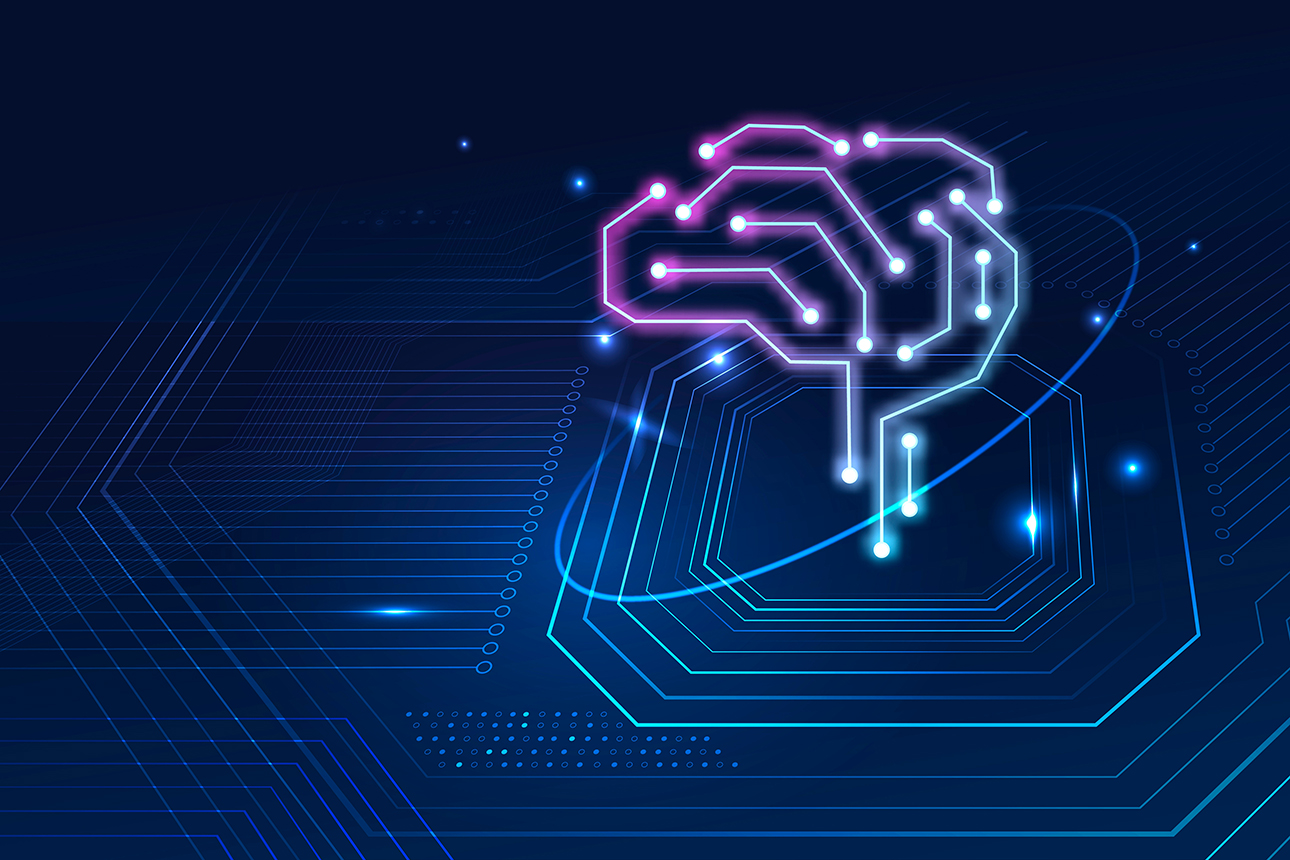 Go to English Version
Go to English VersionAs my enthusiasm for Artificial Intelligence grows, so does the range of readings I pursue on its likely paths and its influence on human reasoning. It is a dense undertaking: every day the media returns to the subject, and those articles, as they pile up, age with unsettling speed. AI keeps redefining itself. Yet to stop speaking about it is unthinkable.
Between one reading and the next, I begin to wonder if there are warning signs we are overlooking. Let’s be clear: I’m not here to cheat at solitaire. The health of technology, for now, is not my concern. What I want is to stay alert to the shifting tides—lest the enthronement of a refusal end up casting unforeseen shadows on the business model I am building.
A few days ago I came across an editorial in The Economist, published on July 19. It explores how artificial intelligence, while dazzling us and helping us navigate a thousand tasks a day, is reshaping the way we search for information and the way that information circulates online. Not necessarily for the better.
Not long ago, when we needed to learn something, we would roam through pages, blogs, forums, and often end up—almost inevitably—on Wikipedia. We assumed that what we found had value. Today we ask ChatGPT—or any chatbot—and within seconds we get an answer: almost always a broad summary distilled from what others have published before. If we are lucky, it will not be entirely wrong, but it will omit details that might be extraordinarily valuable. And trusting its accuracy blindly is far from wise.
That convenience carries a quiet cost: less traffic for the sites that create original content. Fewer visits mean fewer revenues. And fewer revenues… fewer incentives for anyone to invest time and effort in producing work of genuine quality.
In the long run, this could lead to a bleak scenario: specialized blogs, singular voices, and exchange forums may vanish or teeter on the brink. Yet the diversity of opinions and perspectives is indispensable if we are ever to approach the elusive ideal of truth.
The numbers are there for anyone willing to look: traffic from search engines has fallen by 15% this year. Science and education sites have lost a tenth of their visitors. Stack Overflow—the programmers’ temple—retains barely half its usual traffic. Even Wikipedia feels the strain. Meanwhile, the AI giants devour data and information—patrimonial goods of humanity—while giving back almost nothing in return.
AI is reshaping the web before our eyes. More and more content now hides behind paywalls or license agreements designed to fend off the bots. Some propose charging bots for access or tracing the origins of their answers to compensate those who did the heavy lifting. But there is still no clear model that can safeguard the survival of the knowledge ecosystem we once thought eternal.
Unless a solution emerges, we may witness, in the medium term, a digital tragedy. The shared resources of the open web could be overexploited until they are depleted. And if that process is not halted, one of humanity’s greatest collective assets could simply dry up.
My experience
I started using ChatGPT the moment it came out. I quickly upgraded to the paid version. I have watched it feed like a demon in a bottle: every day it unveils a new trick and grows at a dizzying speed. As long as it obeys me, I play with it, provoke it, try to confound it—and I find, time and again, that it may be artificial… but it is remarkably intelligent.












Comments powered by Talkyard.